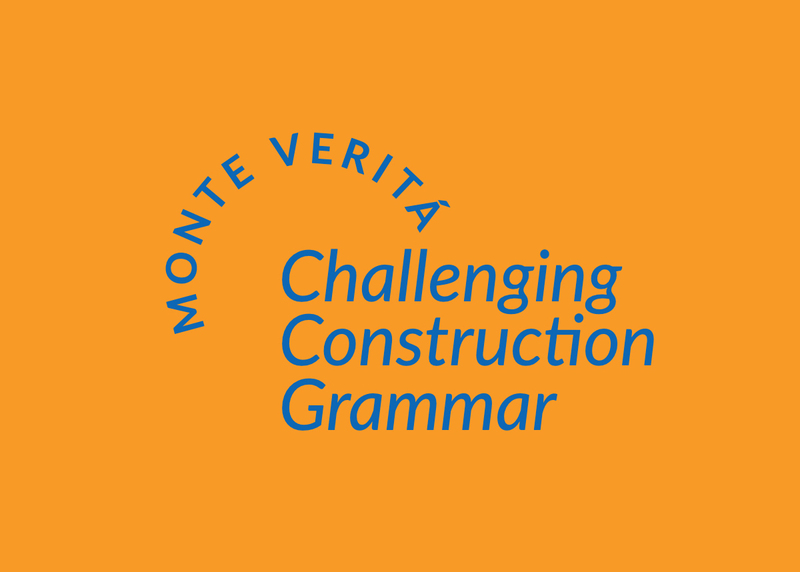Call for papers
The workshop will critically address the assumptions and research practices of Construction Grammar (Hoffmann and Trousdale 2013), a theory of language that has become one of the major theoretical frameworks in linguistics. Recent years have seen an increasing interest in constructionist approaches to morphological issues, both from a synchronic (e.g. Booij 2010, Jackendoff & Audring 2020) and a diachronic point of view (Hartmann 2019, Van Goethem & Norde 2020, Norde forth.).
As construction morphology is still a very recent branch of research within the framework of Construction Grammar, the coverage of morphological phenomena and the theoretical issues they raise is far from complete. A fundamental question is what special challenges morphology brings to the table, and whether the framework – originally developed for syntax, but with the explicit aim to account for language as a whole – requires adjustments or extensions to account for morphological patterns.
Research questions of this workshop include, but are by no means limited to the following:
- What challenges do morphological phenomena present to the constructionist framework and how can the theory be refined in response to them?
- How can construction grammar account for phenomena that straddle the boundary between morphology and syntax?
- How do connections between constructions differ between morphology and syntax?
- How do morphological and syntactic constructions differ in the way they form constructional networks?
- How can we capture morphology-specific distinctions, such as for example the distinction between inflection and derivation, in constructionist terms?
- In what ways does productivity differ across morphology and syntax?
- Does (non-)compositionality apply in the same way to morphology and to syntax?
- How can morphological change be modelled in the constructional framework?
We invite young and early career researchers (PhD students and postdocs) to submit a paper dealing with one or more questions of the workshop. Presentations will last 20 minutes, with 10 min. for discussion.
Abstract submission
Abstracts should not exceed 500 words (including examples, excluding references); they should clearly state the research questions, approach, method, data and (expected) results. Please indicate your status (PhD student or PostDoc) in the abstract. Abstracts will be reviewed anonymously by two referees.
Please submit your abstract to elena.smirnova@unine.ch
The deadline for receipt of abstracts: September 15, 2023
Notification of acceptance: October 15, 2023



